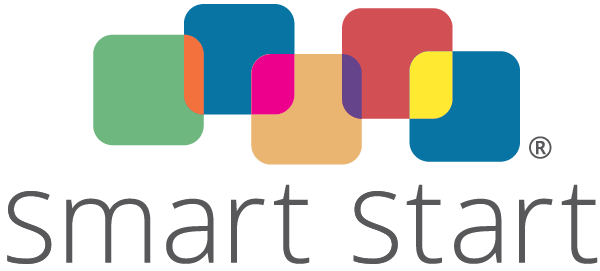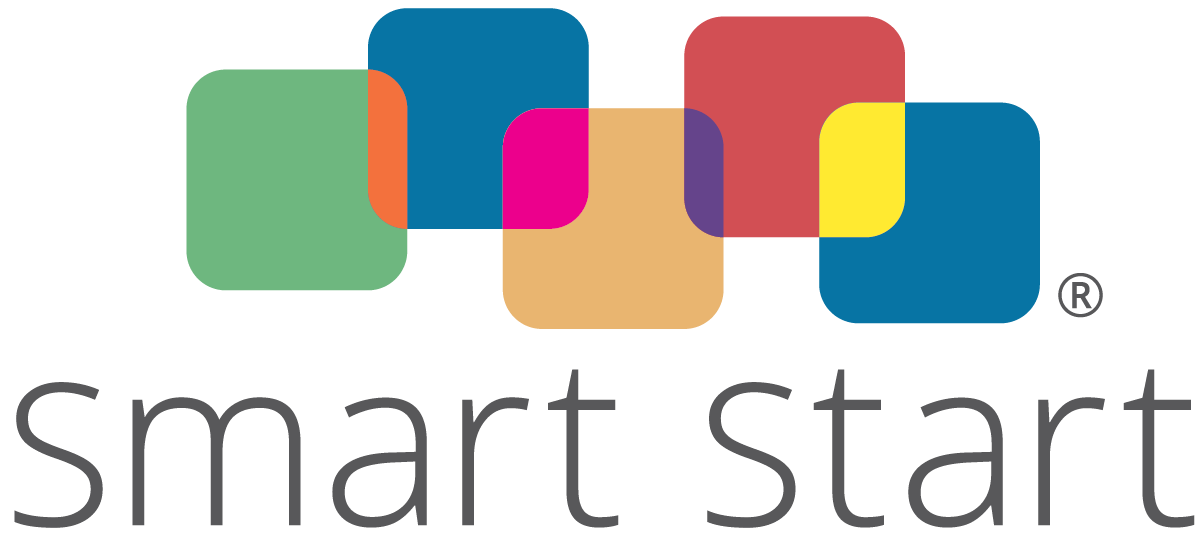Supporting All Families
Guest Blog Post: Our Children’s Place
Smart Start offers evidence-based and evidence-informed, family-focused programs that offer support and education to increase parental knowledge of development, enhance parent confidence, and increase positive parenting practices. Smart Start is also able to connect families with other community resources to ensure they have the relational and concrete supports they need to thrive.
In honor of the national See Us, Support Us Campaign, which increases awareness about and increases support for children of incarcerated parent, Smart Start has connected with Our Children’s Place to raise awareness of the need to support all families across the state. Our Children’s Place program director, Melissa Radcliff, is on the State Advisory Council for the NC Healthy & Resilient Communities initiative. In the original 1998 ACEs Study, having a parent who was incarcerated was one of the 10 adverse events included. It is our goal to support families, build protective factors, and enhance resiliency. Learn more from Melissa below:
“Not my crime, still my sentence.” – Children of Prisoners Europe
This quote is a thoughtful way for us to pause and think about what it means for a child to have a parent in jail or prison. Too often, these children are invisible or overlooked.
 The national See Us, Support Us (SUSU) campaign, which brings attention to and increases support for children of incarcerated parents, continues throughout the month of October. We must broaden the conversation to include children whose parents are being released and returning to the community, whether to live with their children or apart.
The national See Us, Support Us (SUSU) campaign, which brings attention to and increases support for children of incarcerated parents, continues throughout the month of October. We must broaden the conversation to include children whose parents are being released and returning to the community, whether to live with their children or apart.
During one SUSU planning meeting over the summer, a challenge was issued: include child advocates in this conversation. I was pleased to say that here in North Carolina, child advocates ARE involved! So we decided to put a North Carolina spin on the challenge and see how MORE advocates – those who work as professionals within organizations and those who volunteer with families within their local communities – can be involved.
Here are a few ways to think about starting or continuing a thoughtful conversation in your community:
- Consider Your Language – Words matter!Instead of inmate, prisoner, or offender, think “mother, father, parent.” Listen to how a child refers to his parent as your cue. Think also about conversations about a parent that a child isn’t part of but can overhear. Language matters.
We also recognize that for some children, it may not be a parent who has gone to jail or prison, but a grandparent, aunt or uncle, older sibling, or other loved one. That person may have a parental role in the child’s life.
Be mindful of the language you’re using around children to create an environment where all children and families can thrive.
- Consider How You Treat FamiliesA mother whose children recently participated in Parent Day hosted at a prison reminded us that often times, families aren’t treated as family when incarceration is involved. The mother said that Parent Day was one of the only times her family had been viewed as a family ever since her husband when to prison.
Incarcerated doesn’t mean ties cease to exist!
- Connect Families to Local Family SupportsSecond Chance employers
who offer jobs to parents who have spent time in jail or prison, offer a second chance to not only future employees but to their children as well.The same can be said for landlords who offer second chances. Safe, secure, and affordable housing for a parent means safe, secure, and affordable housing for their children./p>
Consider having a list of second-chance employers and housing options for families in your community!
- Connect Families to Re-entry ResourcesWe encourage reentry service providers – both Local Reentry Councils (LRC) and more informal groups that have come together – to include children and families in their work. What does reentry look like for children and families?
But we also encourage individuals to learn more about the reentry work happening in their own communities and ask if children and families are being included. Not sure who to contact? Connect with us and we’ll help you find the right people!
Create a list of re-entry resources for families in need.
- Ask the Parents What They Need!
Let’s ask all parents what they need rather than assuming we know. A returning parent might need a job, an older child might need a math tutor, a young child might need help finding good listeners. How can we best help their family?Ask: How can we help you?
- Support Parents in Hard Conversations
Resiliency for children is linked to having at least one stable and committed relationship with a supportive parent, caregiver, or other adult.When appropriate, we believe in and support children having a relationship with their incarcerated or returning parent.
Contact Our Children’s Place for support on speaking with children about incarceration, the importance of the child-parent relationship, and more!
Some additional resources to show your support of children of incarcerated or formerly incarcerated parents include:
- Use this Sesame Street tool kit (we have copies) available for families
- Adding books to your office to support children and families on this topic (View this list here under resources!)
- Share this Bill of Rights for Children of Incarcerated Parents


